Books Like Ready Player One
Dive into a thrilling universe of virtual reality, nostalgic nods to pop culture, and epic quests with our 'Books Like Ready Player One' collection. These stories blend high-stakes digital adventures with a rich tapestry of 80s trivia, offering the same electrifying blend of sci-fi and social commentary. Perfect for fans who relish intricate futuristic worlds and the relentless thrill of a quest, each book provides a unique exploration of technology's intertwining with human ambition and nostalgia.
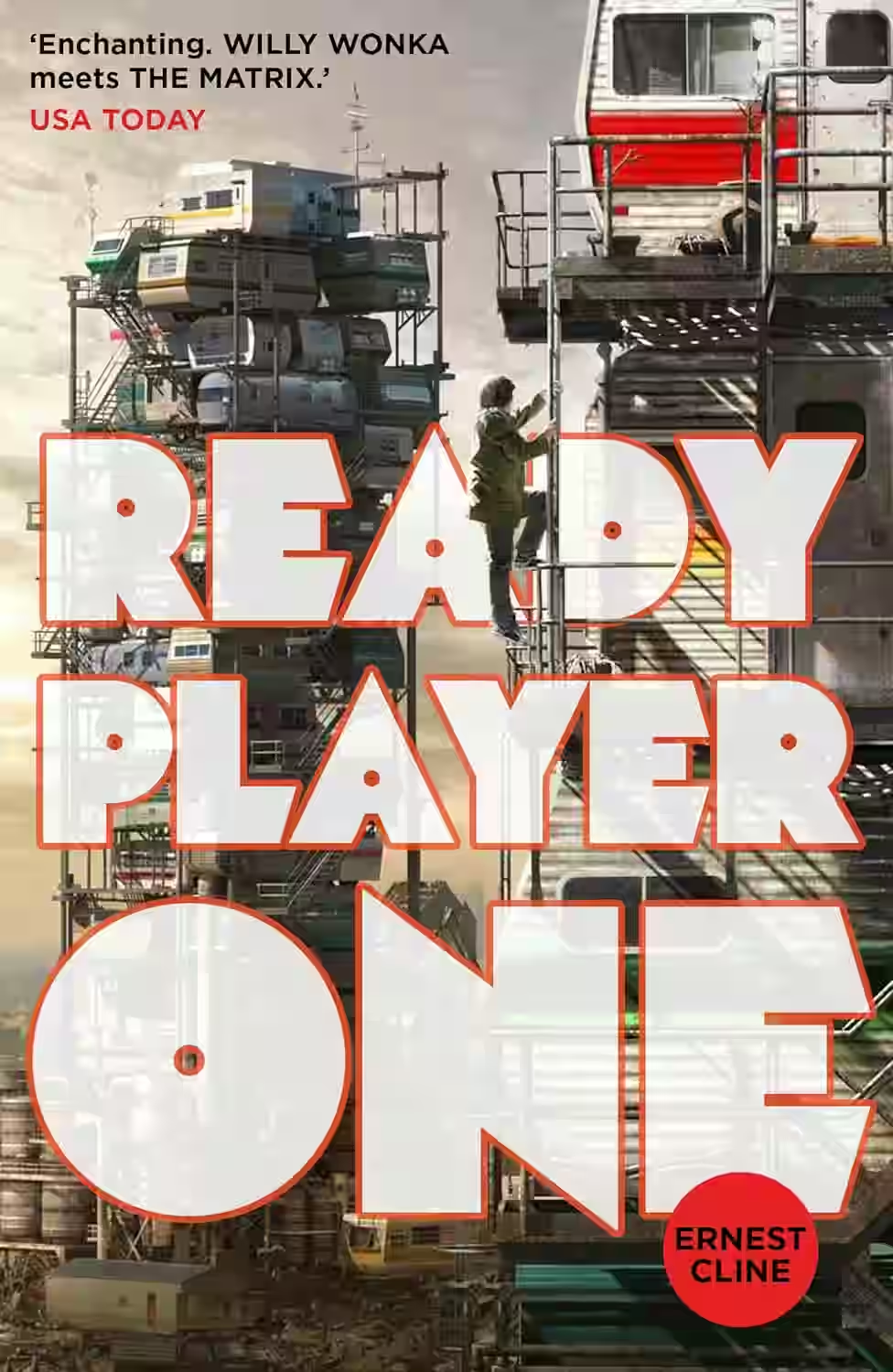
In Ernest Cline's 'Ready Player One,' readers are propelled into a dystopian future where virtual reality provides an escape from a decaying world. The story follows Wade Watts, a teenager who embarks on a quest within the OASIS, a vast virtual universe, to find an Easter egg left by its creator, James Halliday. Packed with '80s pop culture references and nostalgic elements, the novel explores themes of friendship, identity, and the consequences of technology. Cline's writing seamlessly blends action, adventure, and a touch of romance, creating a thrilling and immersive reading experience that resonates with gamers and enthusiasts of the past. 'Ready Player One' is a love letter to geek culture that ultimately celebrates the power of imagination and human connection.
Similar Books You Might Enjoy
If you enjoyed Ready Player One, you might also like these books.
Discover your next great read from our curated selection of similar books.
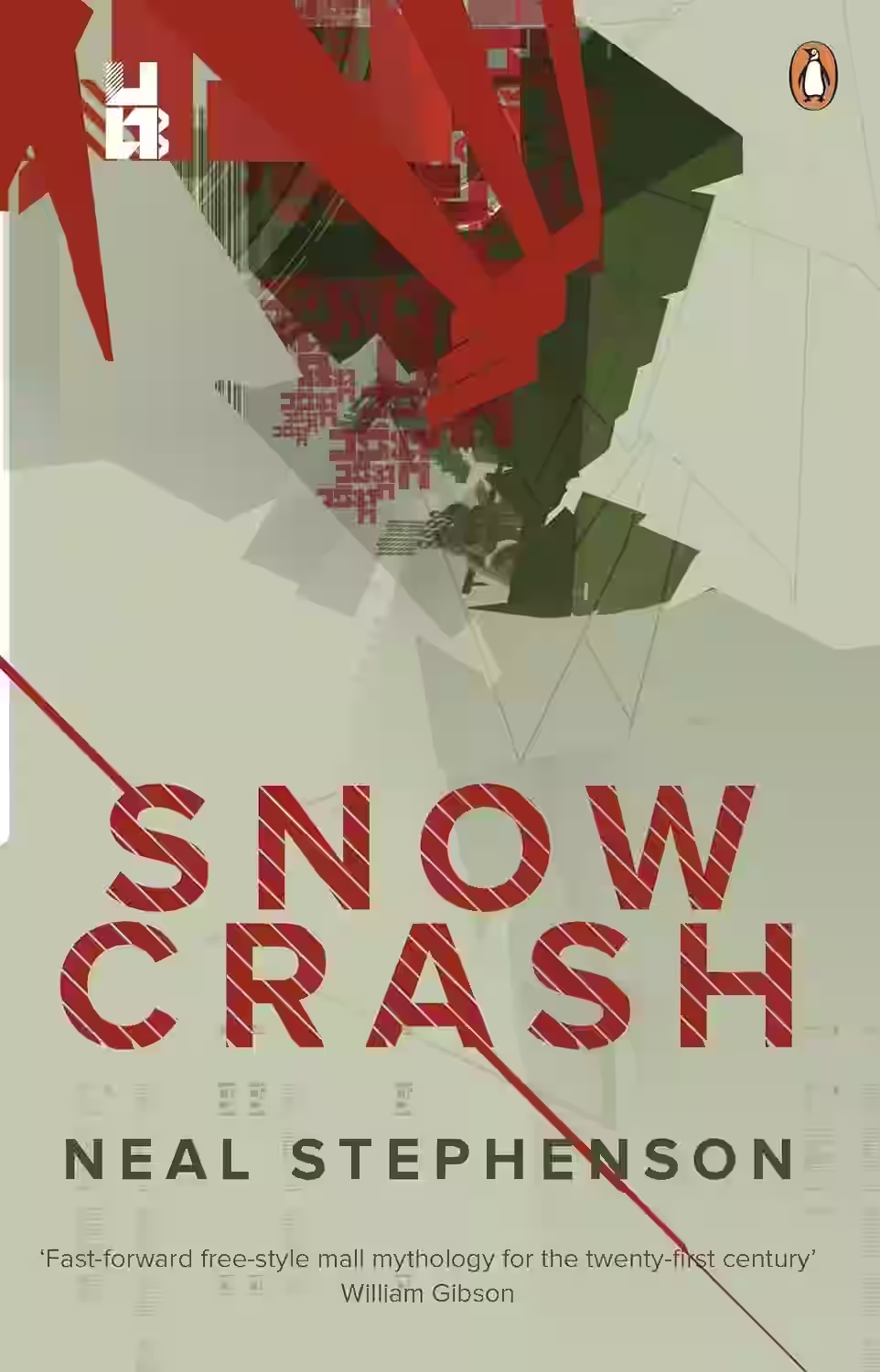
After the Internet, what came next? Enter the Metaverse - cyberspace home to avatars and software daemons, where anything and just about everything goes. Newly available on the Street - the Metaverse's main drag - is Snow Crash, a cyberdrug. Trouble is Snow Crash is also a computer virus - and something more. Because once taken it infects the person behind the avatar. Snow Crash bleeds into reality. Which is really bad news for Hiro - freelance hacker and the Metaverse's best swordfighter (he wrote the code) - and Y. T. - skateboard kourier, street imp and mouthy teenage girl - because reality was shitty enough before someone started messing with it. Exploring linguistics, religion, computer science, politics, philosophy, cryptography and the future of pizza delivery, Snow Crash is a riveting, brake-neck adventure into the fast-approaching future.
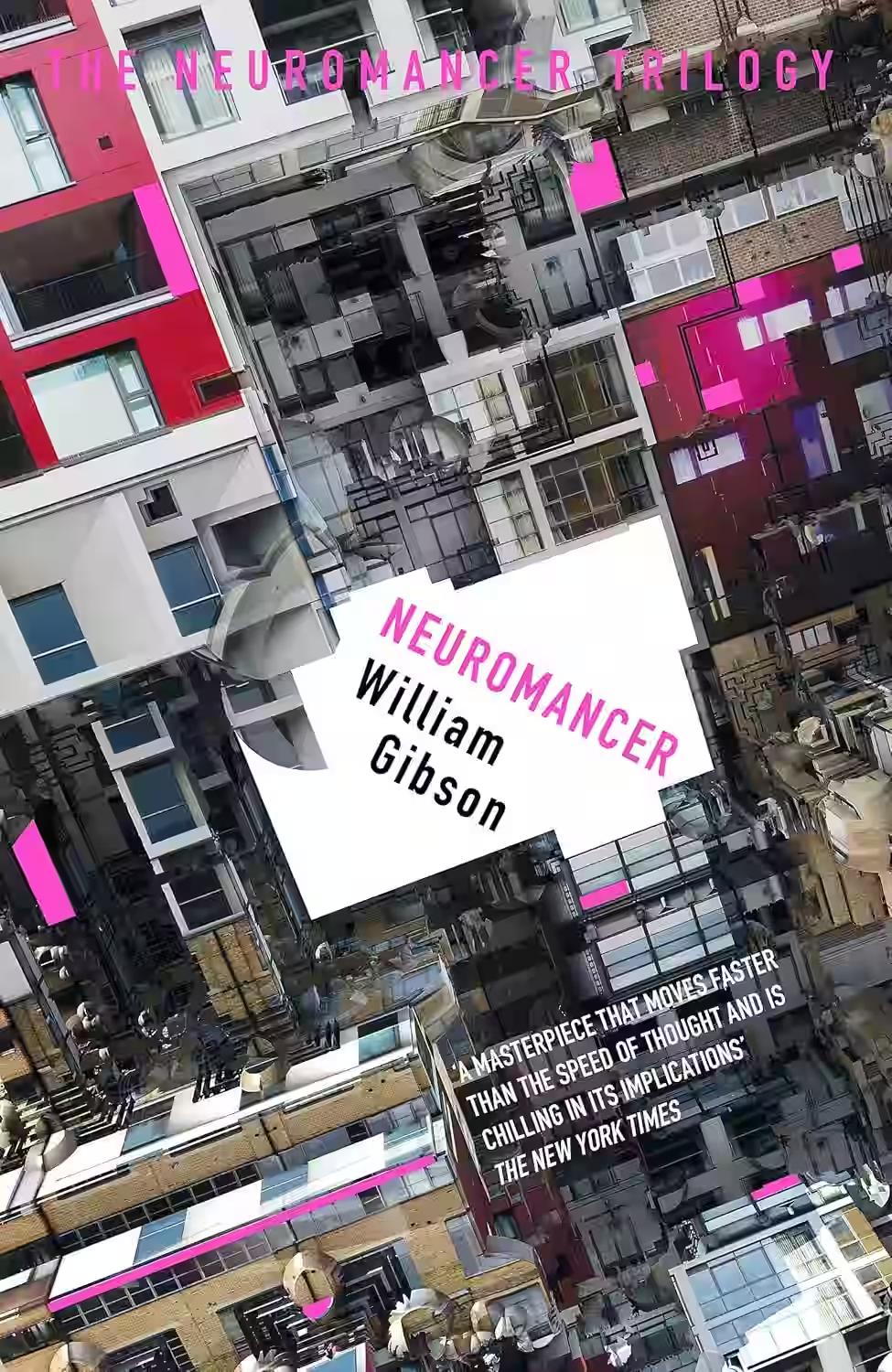
In William Gibson's 'Neuromancer,' readers are thrust into a dystopian future where cybernetic enhancements and virtual reality reign supreme. The story follows Case, a washed-up computer hacker, who is given a chance at redemption by a mysterious employer. As Case delves deeper into the virtual world, he uncovers a complex web of deceit and power struggles that blur the lines between reality and illusion. Exploring themes of artificial intelligence, corporate greed, and the nature of humanity, 'Neuromancer' is a groundbreaking work of science fiction that set the standard for cyberpunk literature. Gibson's gritty prose and visionary ideas make this a must-read for fans of the genre.
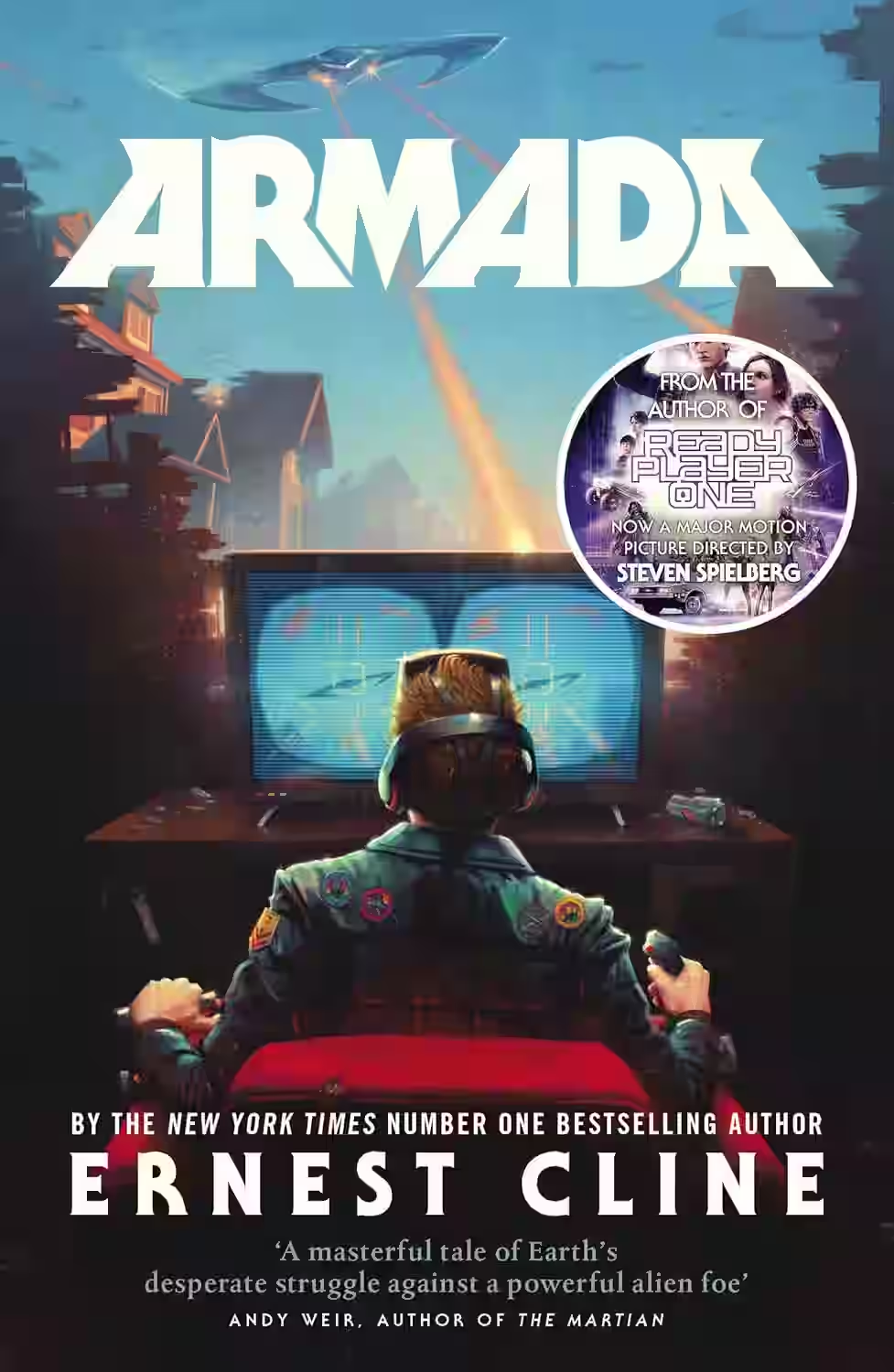
In 'Armada', Ernest Cline takes readers on a thrilling adventure that melds sci-fi fantasy with nostalgic nods to classic video games and pop culture. The story follows Zack Lightman, a high school gamer who discovers that a video game he excels at is actually a training simulation to prepare Earth's defenses against an imminent alien invasion. As Zack is thrust into a real-life battle, he must leverage his gaming skills to help save the planet. Cline's narrative is a high-octane ride filled with suspense, humor, and a celebration of geek culture. While the book's themes of heroism, teamwork, and embracing one's unique talents resonate, some readers may find the plot somewhat predictable. Overall, 'Armada' is a love letter to the gamer community and delivers an enjoyable escapade with its blend of action and nostalgia.
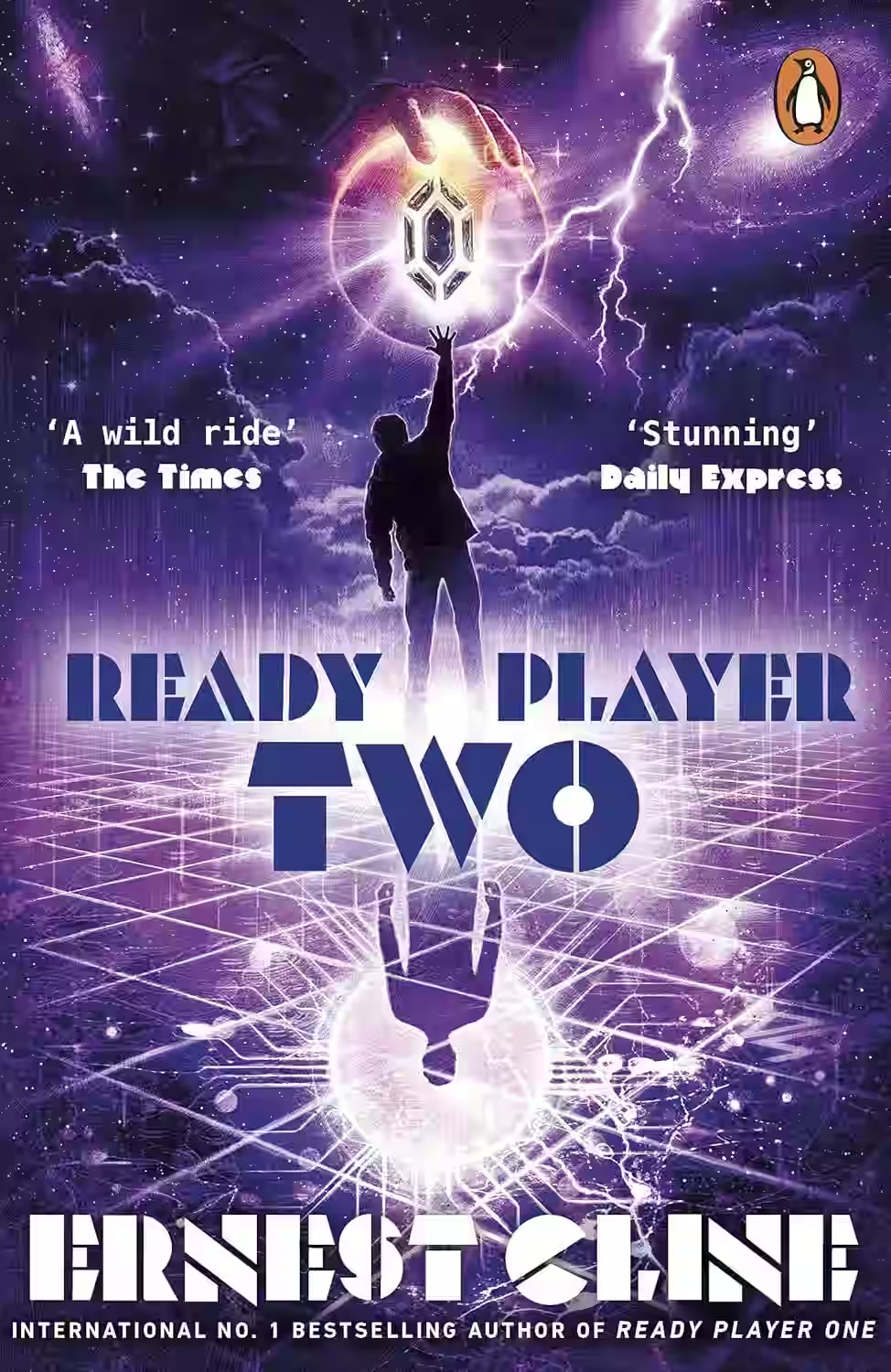
In 'Ready Player Two', Ernest Cline returns to the vibrant and nostalgia-laden virtual world of the OASIS, launched in his earlier hit 'Ready Player One'. This sequel dives into a new adventure following protagonist Wade Watts as he discovers an enigmatic technology left by the brilliant James Halliday. With potential to revolutionize the digital realm, this new invention also poses unforeseen dangers that could affect the real world. The novel places a strong emphasis on themes of technology and ethics, exploring how they intersect with human experience and identity. While aiming to replicate the magic of its predecessor, 'Ready Player Two' sometimes struggles under the weight of expectations, yet it offers familiar pop culture references and thrilling quest elements that will appeal to fans of the original. The book delivers a mix of adventure, nostalgia, and contemplation of the digital age's impact on society.
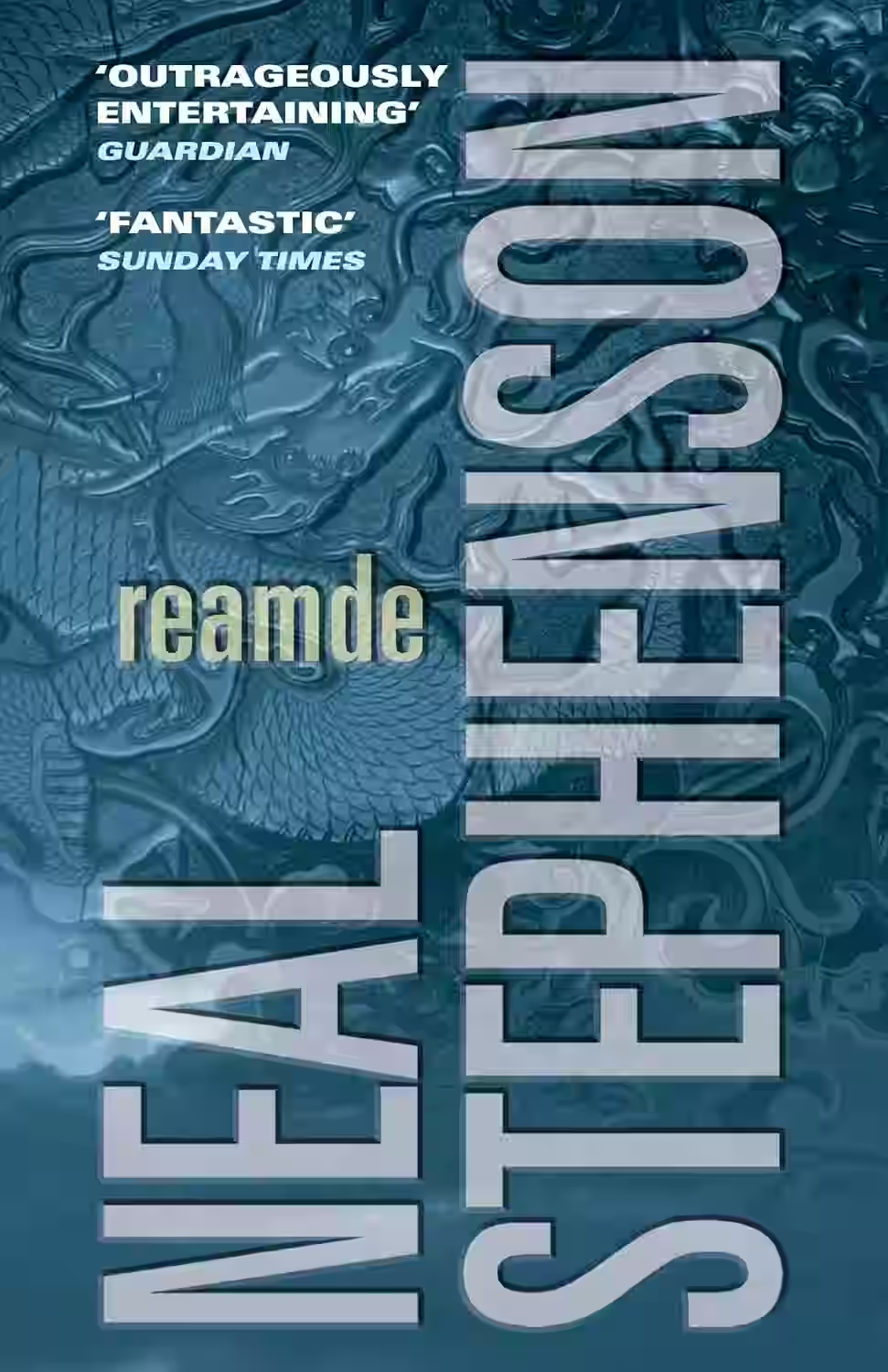
In "Reamde" by Neal Stephenson, readers are thrust into a complex narrative that intertwines the digital and real worlds through a fast-paced thriller. Set against the backdrop of an online game called T’Rain, the story follows Richard Forthrast, a gaming mogul whose virtual landscape gets tangled in a sophisticated piece of ransomware, Reamde. This malware attracts the attention of various global factions, drawing players, spies, and criminals into a globe-trotting saga of intrigue and deception. Stephenson explores themes of cyber-security, identity, and the blurry line between entertainment and reality, all while offering sharp insights into global economics. With its intricate plotting and vast array of characters, "Reamde" is both a technological adventure and a deep dive into cultural collisions. It showcases Stephenson's ability to blend high-octane action with intellectual rigor, making it a compelling read for fans of tech-heavy thrillers.
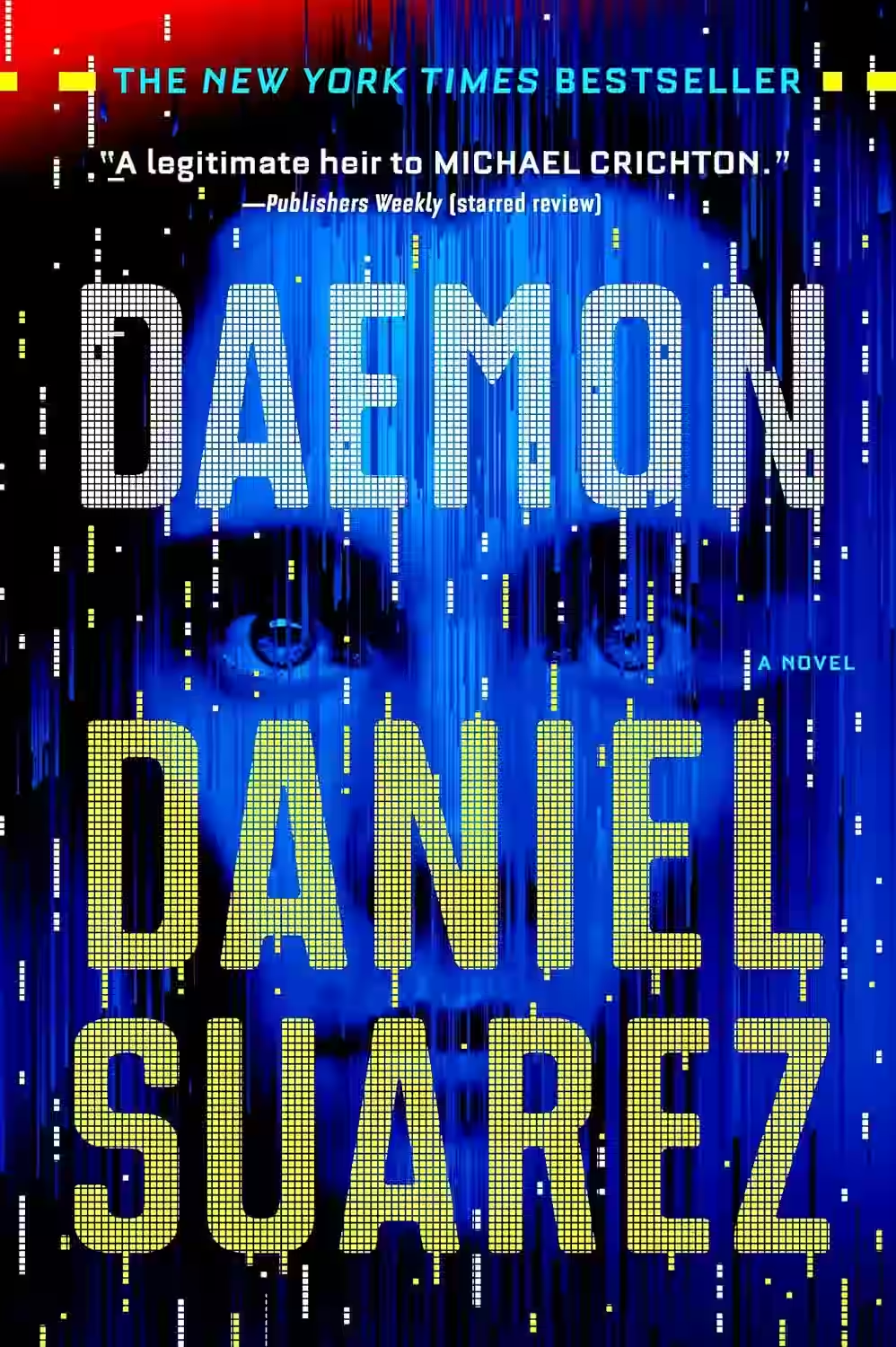
In "Daemon," Daniel Suarez crafts a high-octane techno-thriller that delves into the fast-paced world where computer code has lethal consequences. The story begins with the mysterious death of a wealthy and reclusive gaming pioneer, Matthew Sobol, setting off a series of unforeseen and devastating events dictated by a rogue program designed to fulfill its creator's dark legacy. As the Daemon autonomously executes Sobol’s final plans, it weaves a complex web that stretches across global networks, implicating police, hackers, and corporate moguls alike. Suarez skillfully combines elements of cyber espionage, AI, and social engineering to explore themes of power, control, and human dependency on technology. "Daemon" is a gripping narrative that keeps readers on edge while provoking thought about the unchecked growth of digital systems in our lives.
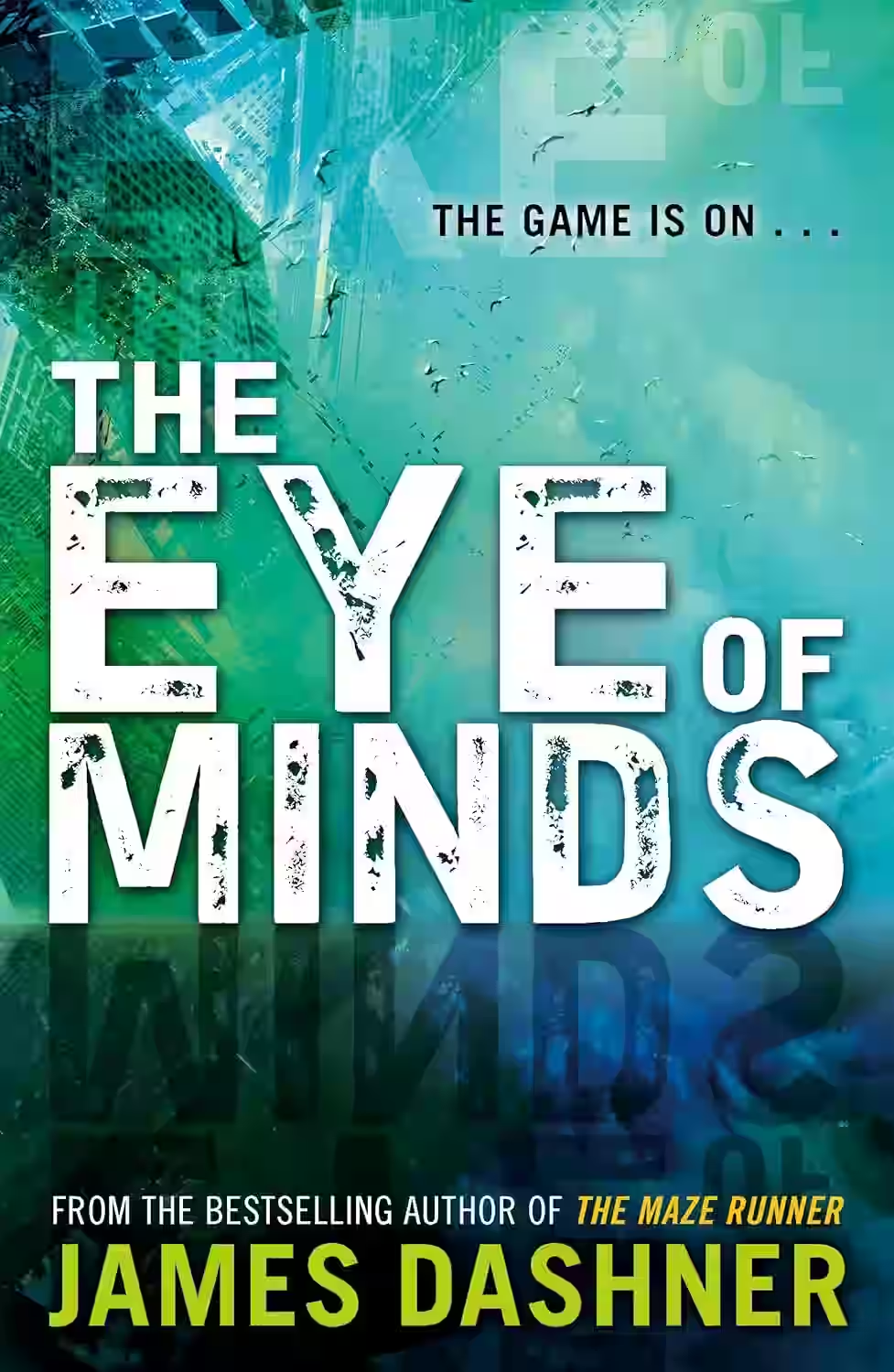
In "The Eye of Minds," James Dashner explores a technologically advanced future where virtual reality dominates everyday life. The story follows Michael, a skilled gamer, who spends more time in the VirtNet than in the real world. When a sinister hacker named Kaine begins trapping users in the virtual reality, Michael is recruited by the VirtNet Security to track him down. The novel delves into themes of technology, identity, and the blurred lines between reality and artificial worlds. Dashner crafts an intense narrative with suspenseful twists, engaging readers who appreciate dystopian and cyber-themed adventures. However, while the plot is gripping, some readers may find character development and depth lacking compared to the fast-paced action.
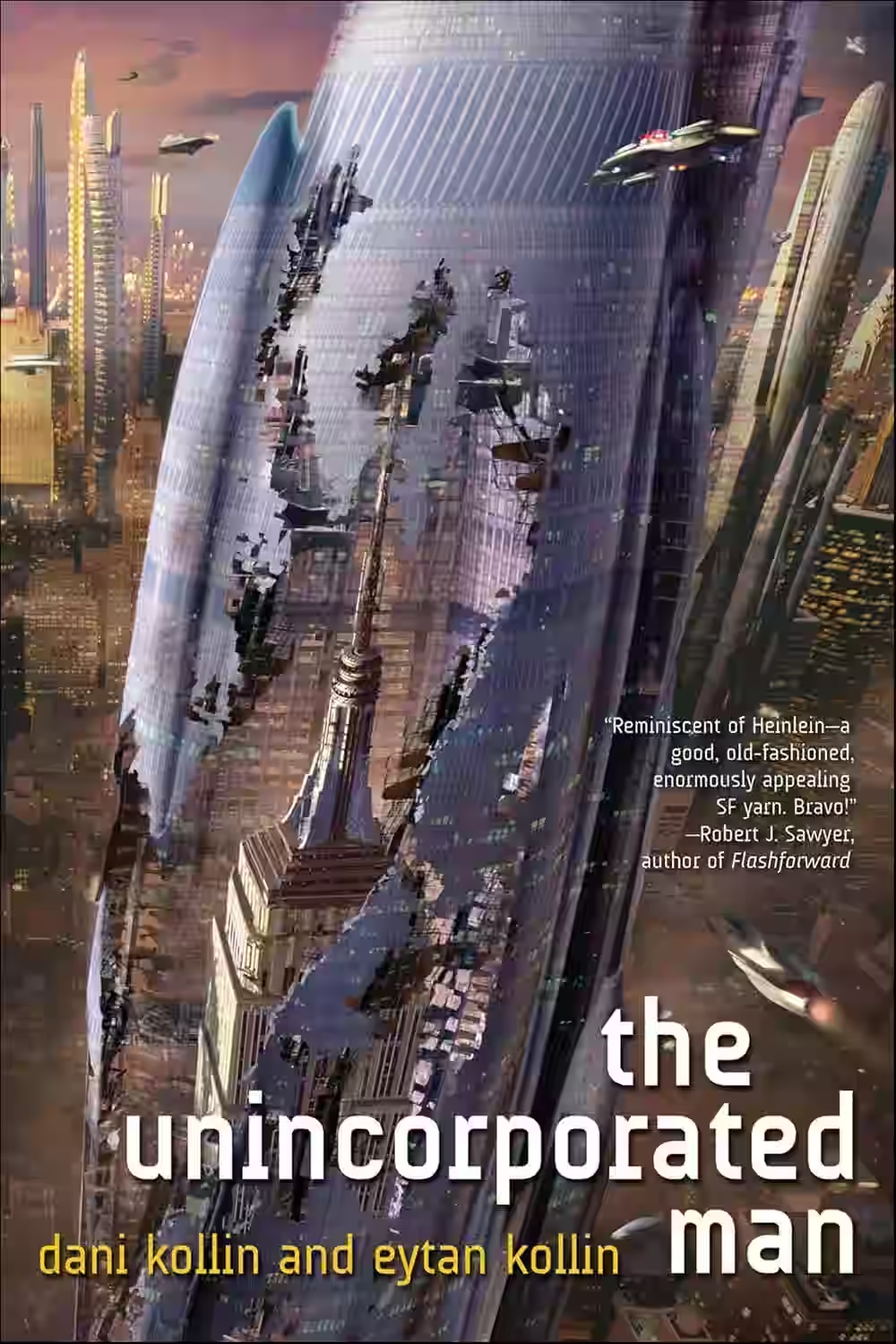
The Unincorporated Man by Dani Kollin is a thought-provoking science fiction novel that delves into the consequences of extreme capitalism and personal autonomy. Set in a future where individuals are owned through shares traded in a lively stock market, the story follows Justin Cord, a wealthy 21st-century man who wakes up after being cryogenically frozen for centuries. Justin's struggle to exert his autonomy challenges the societal norms of a world no longer valuing personal freedom over economic gain. Though rich with futuristic elements, the novel also deeply examines human identity, free will, and the moral boundaries of capitalism, making it a compelling read for fans of speculative fiction and political philosophy. The dynamic plot and intriguing premise encourage readers to question their own beliefs about freedom and ownership in the context of society's increasing commodification.

Cory Doctorow's 'For the Win' is a riveting exploration of the intersection between economics, technology, and global labor rights. Set in a near-futuristic world, the novel delves into the lives of gamers across the globe who engage in virtual economies, highlighting their struggle for fair labor practices. As characters from the United States, India, and China unite to form a virtual union, Doctorow skillfully illustrates the potential impact of digital and real-world activism. The story is a thought-provoking commentary on globalization and the power dynamics of economies, all wrapped in an engaging narrative filled with tension and optimism. 'For the Win' pushes readers to consider the implications of our increasingly interconnected economies and the role technology plays in shaping societal structures.
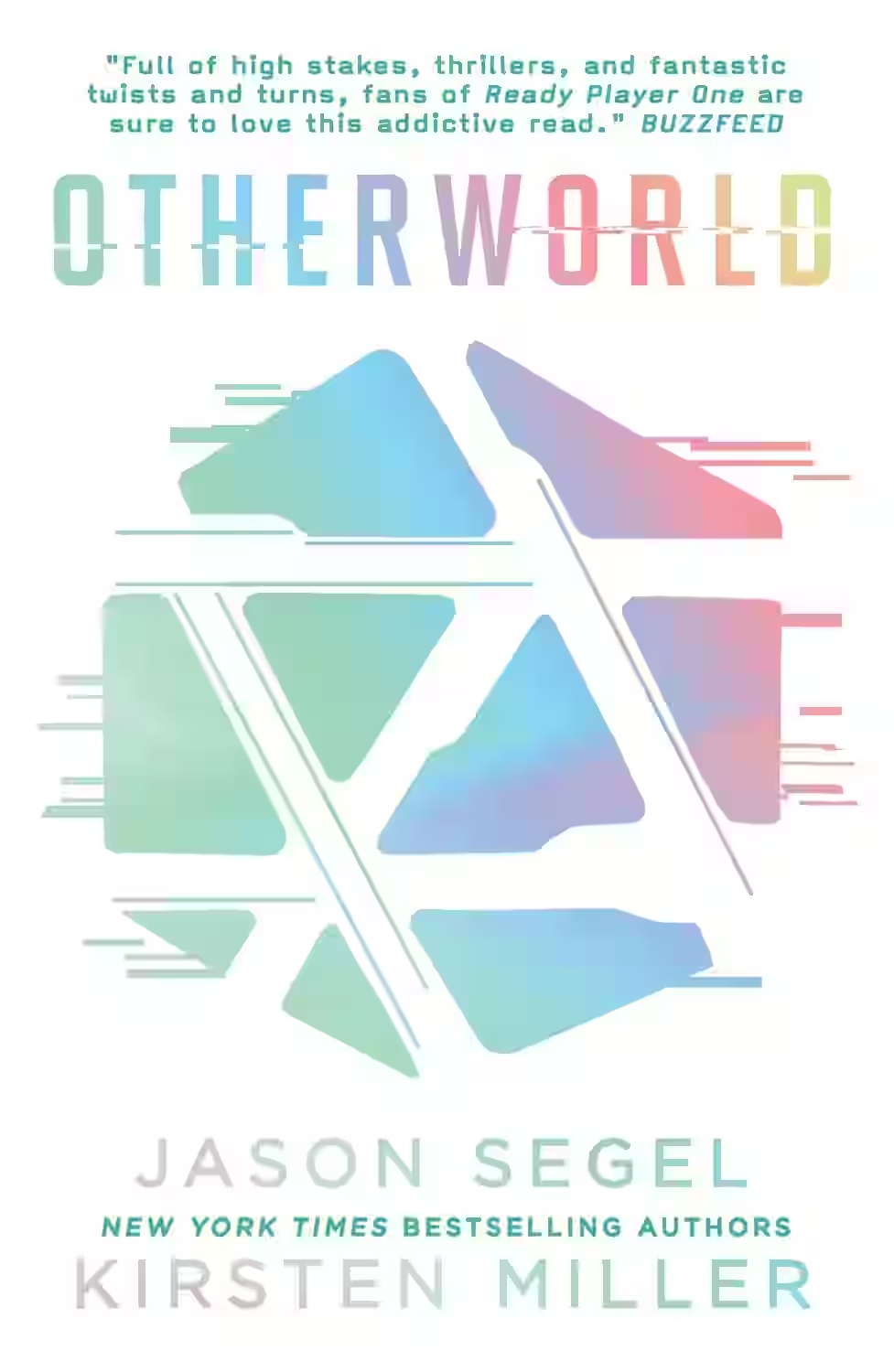
In 'Otherworld' by Jason Segel and Kirsten Miller, readers are plunged into a virtual universe where the boundaries between the digital and real worlds blur with unsettling consequences. The story follows Simon, a determined teenager whose quest to find his friend Kat leads him into the enigmatic digital landscape of Otherworld. With vividly imagined virtual environments and ethical dilemmas about the impact of technology on society, the book explores themes of friendship, loyalty, and the dark side of escapism. The fast-paced narrative and engaging characters keep readers on edge, while raising thought-provoking questions about the potential perils of immersive virtual experiences.
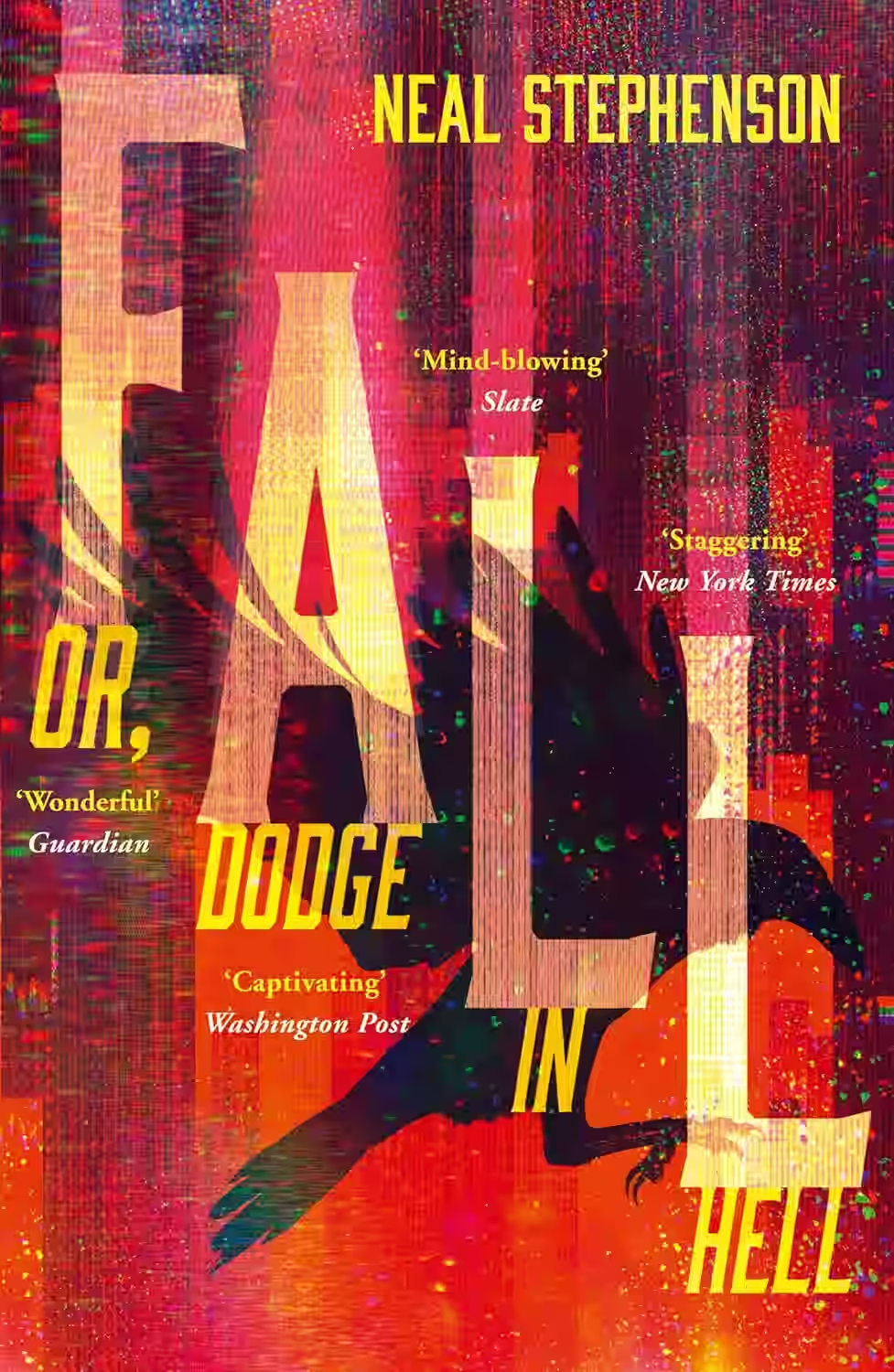
‘Fall; Or, Dodge in Hell’ by Neal Stephenson is a thought-provoking exploration of digital afterlife, the evolution of technology, and the human spirit’s quest for immortality. This ambitious novel begins with the sudden death of Richard 'Dodge' Forthrast, a tech billionaire who finds himself in a digital realm created through his company’s pioneering advancements in brain mapping and resurrection technology. As Dodge navigates this constructed universe dubbed 'Bitworld,' moral, ethical, and philosophical boundaries blur between life, death, and the nature of existence. Themes of consciousness, religion, and societal evolution interweave with a richly detailed narrative that challenges perception and sparks intellectual engagement, making it a significant contribution to science fiction literature.
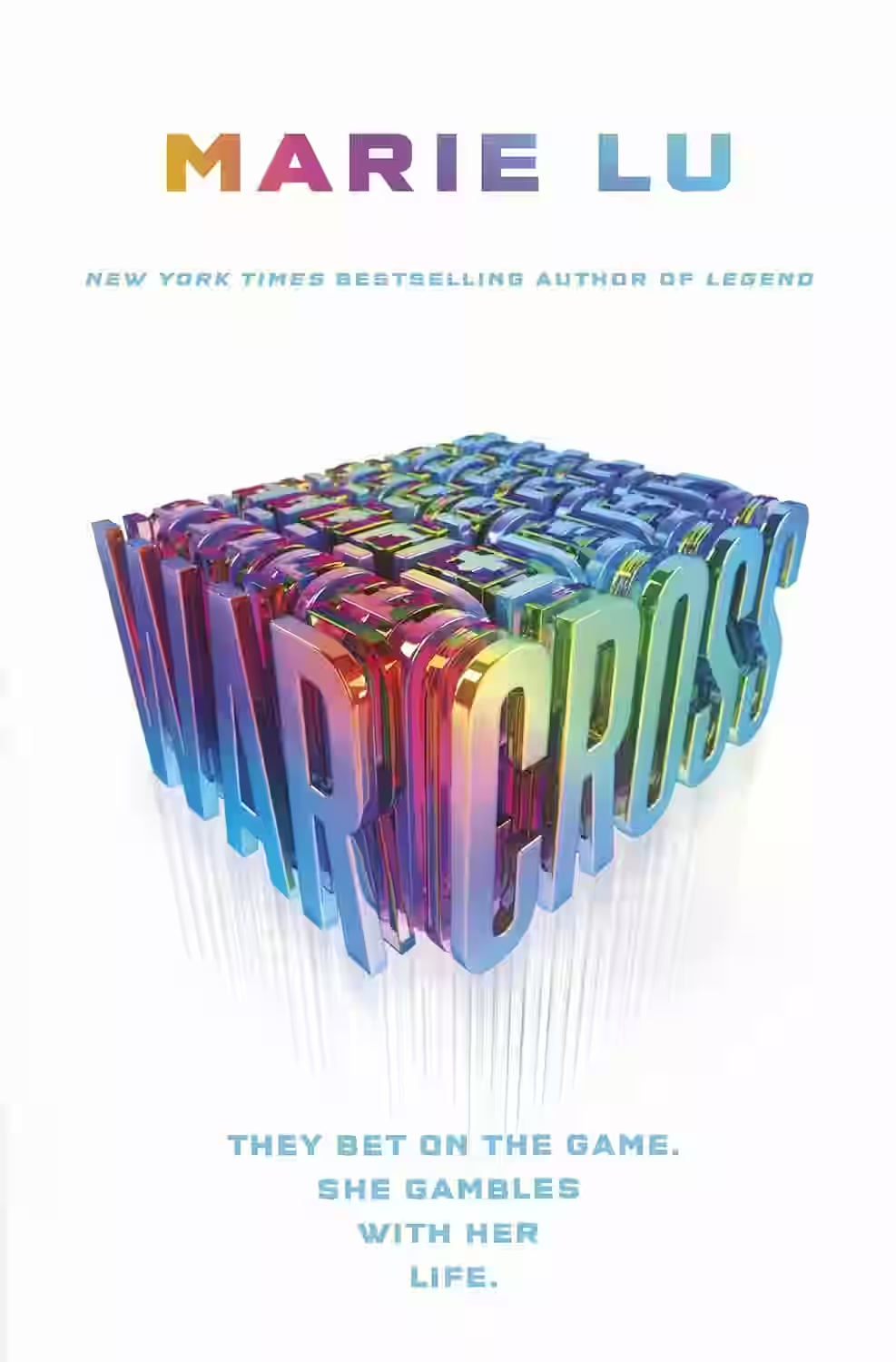
Warcross by Marie Lu is a thrilling dive into the near-future world where virtual reality seamlessly blends with everyday life. The book follows the journey of Emika Chen, a young hacker and bounty hunter, who inadvertently glitches herself into the highly competitive Warcross Championships. Her actions draw the attention of the enigmatic creator of Warcross, Hideo Tanaka, who draws her into a more dangerous game within the digital realm. The narrative explores themes of reality versus illusion, the ethical dimensions of technology, and the quest for justice in a digitized world. Lu's deft storytelling, combined with a vividly imagined setting, offers readers an exciting exploration of the implications of advanced technology on privacy and identity. The fast-paced plot, complex characters, and underlying social commentary make Warcross a compelling read for both young adults and tech enthusiasts.